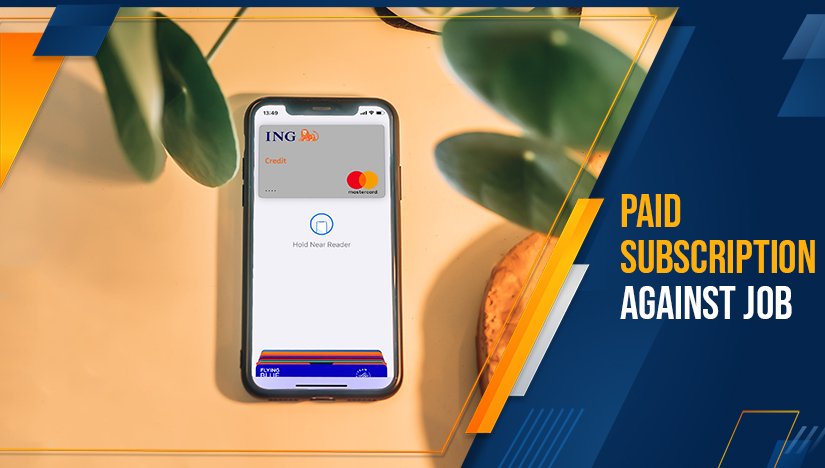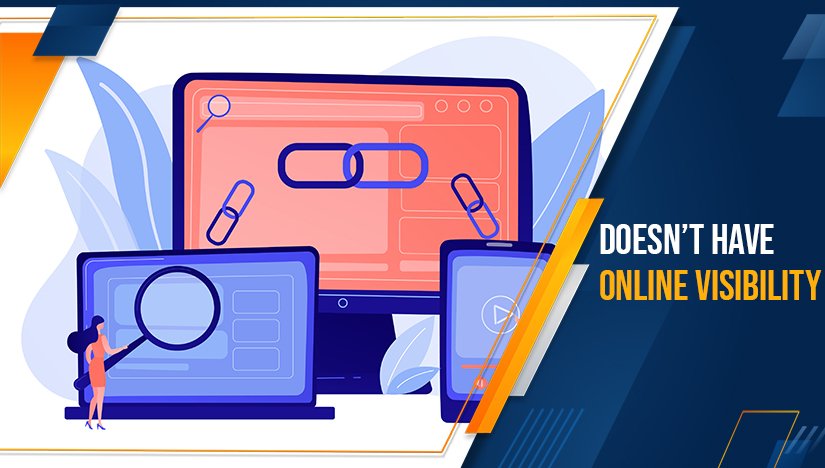Are you tired of getting scammed every time you apply for one of those online jobs?
Or, you are a smart person who wants to learn about all the online job red flags to be 100% sure that you are getting a genuine offer?
The proportion of job searchers who look for work online has increased tremendously due to COVID. Unfortunately, this trend opens the door for fraudsters to abuse job seekers with bogus employment offers to get personal information and bank account information.
If you send money, you may receive anything in exchange, but it will not be a job. A genuine job offer will not ask you to pay to apply.
After thorough research and keen analysis, we’ve listed 10 major red flags you should never overlook while applying for an online and even an in-house job.
1. Fake Jobs Ask For Your Bank Account Details before Offer Letter

In certain employment scams, the candidate is requested to agree to receive payment to his or her bank account. These payment-transfer scams include a criminal posing as an employer and recruiting naive job seekers with false employment advertisements. To trick job searchers into thinking they are actual employers, some fraudsters would even steal firm names and logos.
Pro Tip: Never provide your bank account information before receiving a job offer.
2. Too Good To Be True- The Biggest Warning Sign!
Job descriptions that promise excellent compensation without experience should raise alarm bells in your head. It’s probably a fraud if the payout is far less than what you were promised. Alarm bells should ring in your brain if you see this sort of advertisement. Honestly speaking, a job that is too good to be true doesn’t exist!
Pro Tip: Do some research on the internet to see if an employment offer could be authentic, or if it might be a fraud.
3. Easy Money Schemes Are Mostly Fraud

Instead of relying on extensive marketing and sales language, success stories, testimonials, and hype, which is a characteristic of many work-at-home programs, a real job should be clear and precise in the job description and job duties.
Jobs with exaggerated earnings claims or advertising such as network marketing that does not disclose the specifics and criteria of the position rises alerts!
Pro Tip: Don’t fall prey to easy money schemes. Never invest your money into anything you don’t have accurate knowledge about!
4. Always Work With a Trustworthy Job Agency Or Headhunting Firm

Work with a trustworthy headhunting business or employment agency at all times. When you receive an email claiming to have viewed your resume online and inviting you to complete the application information online, proceed with caution.
Pro Tip: To determine whether the job offer is real, you should conduct an internet search and contact the organization on phone, or visit them ASAP.
5. No One but Scammers Interviews over Massages

Beware!!! If you’re given a job interview over Yahoo Messenger or Google Hangouts. Scammers will utilize these platforms to “interview” you for a job before offering you the position. They want your CNIC, personal details, or bank account information to set up direct deposit for future paychecks.
Pro Tip: Have faith in yourself. Give a shut-up call to scammers before any big loss!
6. Job Offering Email Has a Lot of Grammar & Spelling Mistakes
Consider it a red signal if a job offer comes from what seems to be a personal email account. Professional email addresses are used by legitimate businesses to convey messages. An email with several grammatical problems or misspelled words is also a clue that someone is attempting to defraud you.
Pro Tip: Be wise enough to understand and analyze small details.
7. It’s a Membership Post Not a Job Ad (Beware)

You register or apply for what you believe is a job opportunity online. Then you receive a response offering you a paid subscription in a job directory or some type of career service, such as counseling. While there may be a product or subscription you may purchase, promoting a job to obtain your money and contact information is a fraud.
Pro Tip: Read the job ad very carefully.
8. The Company Doesn’t Have Any Online Visibility

When a firm offers a position that you’re interested in, it’s a good idea to look into its history. Examine its website to determine whether it appears professional and informative. Search for any social media profiles for followers and documentation of corporate events. If it’s genuine, there will be a link on the company’s page that will direct you to real individuals who work there.
Pro Tip: Be proactive, do your research before proceeding further.
9. They Are Too Desperate To Hire You

Be careful if you encounter an ad for a firm that is recruiting quickly or has a same-day hiring procedure. If a representative approaches you shortly after applying and informs you that the firm is looking to fill the position, gently inquire as to why. According to a recent Indeed poll, just 4% of job candidates receive a response from an employer the same day they apply.
Pro Tip: Be calm, stay cool, and the right opportunity will come to you!
10. We’ll Teach You A Skill Scam
There are many people who simply claim to teach a skill such as graphic designing, content writing, eCommerce marketing, and many others. They charge a hefty amount of money but end up teaching nothing. Well, there is no arm is learning new skills online, but you should always take a course from a reputed platform such as Digiskills, e-Rozgar, and Enablers
11. They’ll pay Via Check (A Too Good to True Amount)
So, recently I came in contact with an employer from America who was ready to pay me $3000 to develop his website. He didn’t provide his website link, the reference link he provides was that of an Indian restaurant. He was ready to pay upfront, but via check.
Well, I looked for my friends and family who live in the USA who can receive that check for me and send payment via bank account. But guess what, the next thing that man said is that he’ll send $3000 extra that I should transfer to a graphic designer who he outsourced for all the artwork of his website and cannot receive payment via check.
That’s when my brain showed me a big red light saying beware it’s a scam! It was a scam, and now that person is not even available on that messaging platform and has deleted his messages as well. Luckily, I was smart enough to stop the fraud timely!
BEWARE OF SUCH SCAMS!!!!
What Should I Do If I Get Scammed Online?
This is how you can get your money back from a scammer:
- Report the fraud to the police immediately.
- Ask for your money back by getting in touch with the firm, or report your experience to the appropriate corporate or governmental authorities.
- Close all of your accounts at the affected bank, and consider switching banks to prevent more complications.
- Names of the scammer, the job posting, and any contact information should be reported by victims to the websites or other social media platforms where the scam was publicized.
Thanks for reading this article by ExtNext, hope you will learn something about Online Job Scams.








This article is packed with useful information and was a great read.
The website is also a fantastic resource for learning.